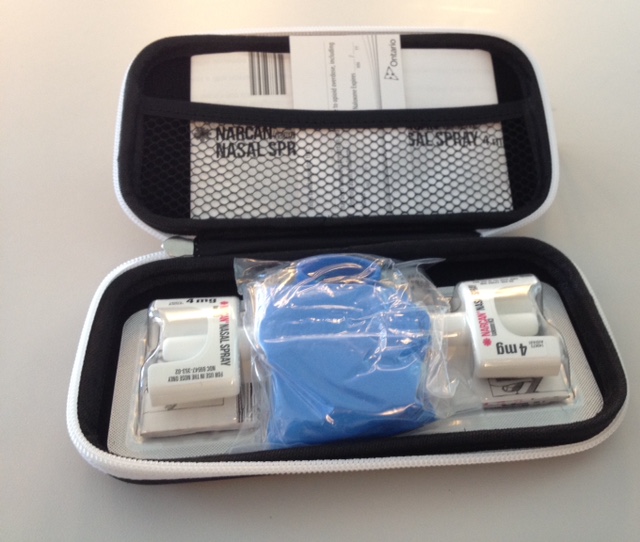Five deaths in the Hastings Prince Edward region last month could represent just the “tip of the iceberg” of a drug poisoning problem.
Those words come from Medical Officer of Health Dr. Ethan Toumishey. He spoke to Moose FM, following the warning that Hastings Prince Edward Public Health put out last week.
The health unit said the deaths occurred between Sept. 19 and 26.
He said Public Health doesn’t publicly release where deaths occur. But he says, if poisonous drugs are in one area of the region, they’re likely everywhere. And if drugs are being mixed, those dealing with opioid addictions are at great risk.
“There’s a toxic drug supply that is harming people, putting people to hospital and killing them,” Toumishey said. “People have a hard time knowing what drugs they’re using. This is an important message; people need to be aware of the toxic nature of the drug supply and that there are ways to reduce the harm.”
Toumishey urges people who use drugs to not use them alone and to have a naloxone kit handy. These kits have medication that can reverse the effects of an opioid-drug overdose and they’re free to pick up at several places in North Hastings, including pharmacies and Public Health’s satellite office on Manor Lane.
Toumishey adds that the opioid-drug crisis has gotten worse since the start of the pandemic – and it’s important to confront the problem and reduce the stigma.
In 2018, the region saw 19 drug-related deaths. In 2021, there were 29 deaths.
Toumisehy says people across all demographics are struggling with drug addictions. They should know that they’re not alone.
“We do have to confront reality that there is drug use in our community; this is affecting the health of our brothers and sisters, our friends and neigbours. If you do use drugs, we strongly recommend that you do not use them alone. There’s help in the community that we’re providing and that our partners are providing.”
The health unit also has a harm reduction program manager, Stephanie McFaul. She adds that a drug problem should not be considered a “moral failure” and those struggling should seek support.



